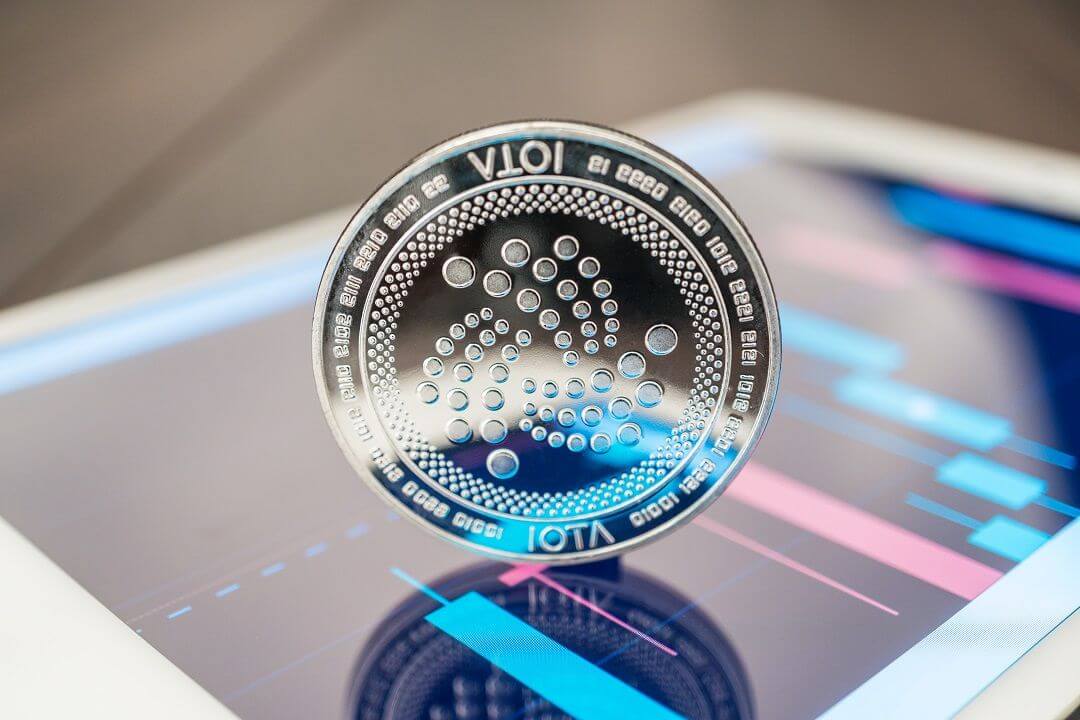
The IOTA Foundation provided a long-awaited update on its five-month joint project with German vehicle manufacturing giant Audi, confirming a positive outcome from their efforts. The results of the project were disclosed to a small crowd within the Foundation in Berlin and Ingolstadt. Details of the project were initially somewhat cloak-and-dagger, but both the IOTA Foundation and Audi eventually agreed to shed some light on the project’s specifics.
The research and development (R&D) project was aimed at developing the concept of electromobility (e-mobility). E-mobility is the generic term used to describe the development of drivetrains that are powered by electric, moving vehicle design away from the use of fossil fuels and emitting CO2.
The project reached its conclusion this month and the live presentation in the German capital was scheduled to inform people about the project’s success. Audi’s role in the project was to develop the product itself. The company’s own think-tank – Audi Denkwerkstatt – assessed the potential hurdles and built prototypes, while the IOTA Foundation was tasked with supplying professional consultants, who provided the necessary technical information.
Although it is still somewhat unclear as to what the outcome of the project will look like – or what the project will mean for Audi’s consumers – what is clear is that the end product will be “customer-centric”. An official blog post published by the IOTA Foundation indicated there will be further announcements on the project’s outcome, confirming that the “end result is focused on enabling trust in e-mobility” but that it was “not yet clear where the path finally goes”.
There’s no doubt that the IOTA Foundation is starting to play an influential role in the world of the Internet of Things (IoT) and the machine-to-machine (M2M) economy. These industries both revolve around electronic devices being capable of communicating between one another and processing and storing finances in an autonomous fashion.
IOTA’s complex yet highly-efficient Tangle network has been attributed to several IOTA use cases already. In the Netherlands, IOTA payments were used as part of testing for the nation’s first electric vehicle charging station, providing an exciting proof-of-concept for fast-charging stations for electric car owners. The IOTA Tangle was also heavily involved in a waste management project, helping to install sensors within waste bins designed to alert waste management companies when the bins of homeowners and businesses are full and ready for collection.
Those interested in the future of IOTA and considering buying IOTA as a long-term investment will also be intrigued to hear of IOTA’s recent appearance at a blockchain event hosted by the Chinese government. Speculation has been abounding ever since that IOTA may be considered by the government as a natural fit for the country’s fast-evolving smart economy, based around IoT and large-scale automation. In the last couple of weeks, the price of IOTA has spiked more than 20%, suggesting that IOTA’s relations with Audi and the Chinese government are indicating a bright future for the platform.
Featured image source: Ruslan Grumble / Shutterstock.com

